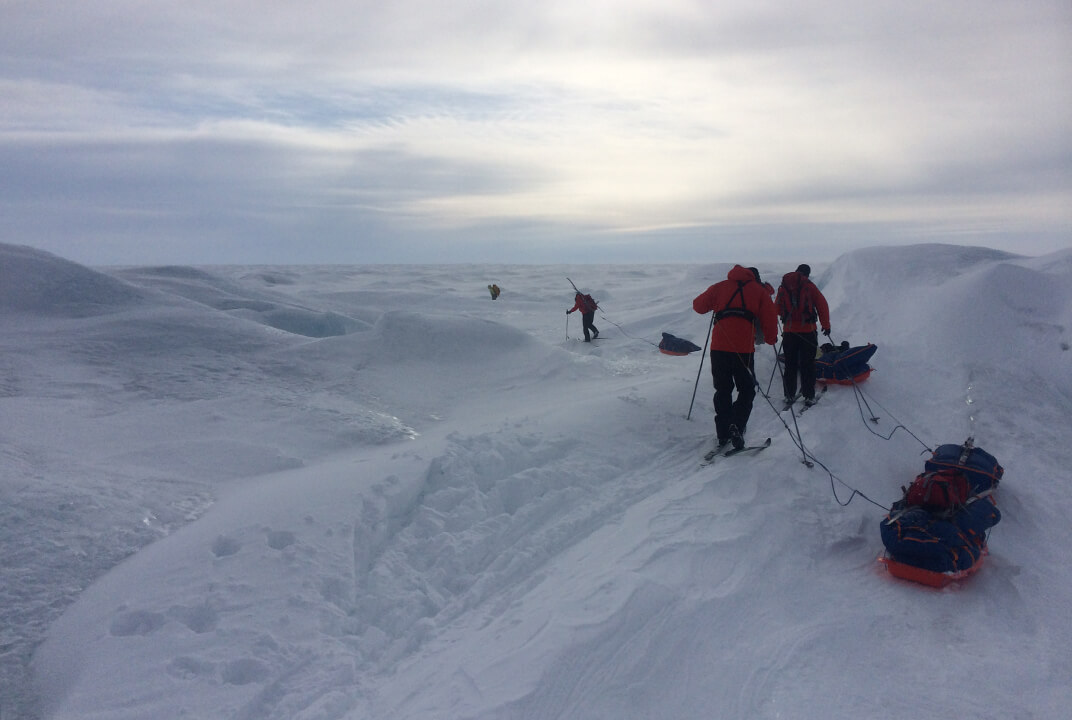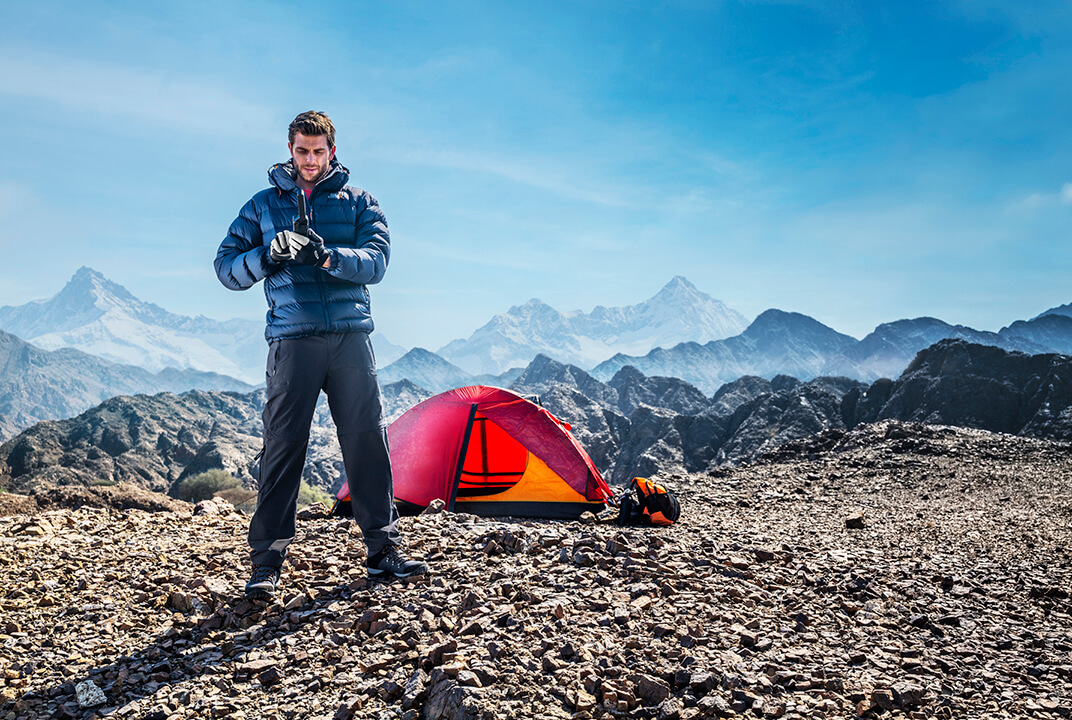Insight | Climbing a mountain is a great metaphor for PTSD
Climbing a mountain is a great metaphor for PTSD
Government
Ex-Royal Marine Danny Claricoates, who with 65 Degrees North successfully climbed Mount Vinson in Antarctica earlier this year, describes what it is like to reach the top of the bottom of the world.
Since returning from Antarctica many people have asked me the same question: “What was it like?” My honest answer is I can’t put it in to words, but I will do my best here!
It’s probably easiest to explain it physically. Despite the 24-hour daylight and light winds the temperature could reach as low as -30°C to -40°C. The snow wasn’t light and fluffy like I imagined it would be, instead it was hard and compacted, but like sugar underneath the surface. Walking was hard work made even harder by the weight we carried or dragged in the pulks which we used for the first three days to get to low camp.
We always walked in single file and mostly travelled roped together as one team of five. This would provide us with some protection if we were to fall through the snow pack into a crevasse, but meant we had no real opportunity to talk and it was just you and your own thoughts hour after hour.
Deafening silence
The silence was truly deafening at times. There were no animals, no traffic or planes – just miles and miles of whiteness unbroken by trees or plants or buildings.
In the evenings, we would get together in one tent to eat and discuss the plan for the following day. Sleeping was difficult, the 24-hour daylight threw our body clocks out and as we climbed higher the altitude added to the difficulty. I don’t think anyone slept at all the night before our summit attempt. I remember lying awake at 3:00am thinking, “let’s just go now!”
Morning of the summit bid finally came and we started slowly for the top, 16,050ft (4,892m) above sea level. The pace was slow, breathing was laboured and I had started to feel the effects of the altitude but finally the summit ridge was just before us. The final few hindered metres were the toughest – my head was swimming and I was almost in a dream-like state.
Hard work pays off
The summit ridge requires a little thought to negotiate, there are a few places which are exposed and you need to take your time, but all the hard work paid off after what felt like an eternity along the ridge: The summit! The whole team on top! Together!
The views were truly indescribable. The weather was perfect and we could see for miles. I remember looking out, trying to take it all in – the silence, the peace and the feeling that we were truly alone.
It was a huge privilege to share a little bit of that experience with everyone back home, family and friends, sponsors and people following and supporting the team all over the world, with a live feed from the summit ridge of Mt Vinson.
World first
We believe that was a world first and only possible thanks to the communications package provided by Inmarsat. The IsatPhone 2 satellite phones, BGAN and IsatHub terminals gave us the ability to communicate with the world during the expedition, through social media, interviews and phone calls home. It enhanced our safety, and gave us confidence and our loved ones’ peace of mind.
Being part of a team and participating in challenging adventures has played a huge role in my recovery and rehabilitation, it allows me time away from the everyday things that can be triggers and aggravate my symptoms.
Climbing and mountaineering is also a great metaphor for what we go through with post-traumatic stress disorder (PTSD). Just getting out of bed and facing the world can be a huge mental mountain to climb, and I have had days where I have wanted to give up and end it all, but somehow you get through it and it’s like reaching the summit with your team, you feel like you are on top of the world!
About the author
Danny Claricoates is a former Royal Marines Commando who was deployed to Afghanistan for two operational tours. A diagnosis of PTSD led to his medical discharge in 2011. 65 Degrees North’s remit of ‘rehabilitation through adventure’ helped him move forward with his life beyond the armed forces.
Danny, who now runs his own business delivering outdoor activities to young people, is passionate about breaking down barriers and talking about mental health. His hope is to help others by sharing his own story.


